

Custom Search
Saturday, April 23, 2016
PRINCE & BEYONCE'S 2004 GRAMMY PERFORMANCE (PURPLE EXCELLENCE)
PRINCE & BEYONCE'S 2004 GRAMMY PERFORMANCE:
AMAZING, BREATHLESS & PERFECTION
Sources: Grammys, Billboard, YouTube
Prince's death this morning (April 21) at the age of 57 brought one of the most remarkable careers in music history to a sudden, all-too-soon end. Throughout his nearly four decade career, the Purple One constantly reinvented himself and his music, leaving behind a legacy that is difficult -- if not completely impossible -- to describe in words. In that time period, his output was not only unrelentingly prolific, it was also consistently excellent, earning him 32 Grammy nominations and seven victories between 1984 and 2010.
But it wasn't just his recorded music that drew fans to Prince; his breathtaking performances and mystical aura elevated him to one of the true greats of his time, an artist for whom the phrases "legend" or "icon" almost seem like understatements. And on Feb. 8, 2004 the world was reminded of that fact once again as he opened the 46th Grammy Awards with a four-song medley alongside Beyonce -- who would go on to win five Grammys that night -- in a performance that is regarded as one of the greatest in Grammy history.
As news of Prince's death began to sink in, Billboard spoke with longtime Grammy Awards producer Ken Ehrlich about his first time meeting Prince, putting together that performance with Beyonce and the legacy he's left behind.
When did you first meet Prince?
I don't have the best memory for dates, but I know it was before Purple Rain. But it was a fruitless meeting; I think I wanted to have him do the Grammys, so we had a meeting, it was a very successful meeting, and I walked away thinking, "I don't think I'll ever see this guy in one of our shows." And then it was I think a year after that that he came and did "Baby I'm A Star" [in 1985]. And then after that I had him on a VH1 Honors show that we did and he was really amazing there. And then of course we had him on again when he was with Beyonce and then came and presented several times on the show. So I probably did more with him on television than most other producers because he just didn't do much TV. He knew it was important, but he was very careful about what he did.
He was very, very shy and very, very quiet. I've been to Paisley Park a couple times and I don't ever remember him talking much above a whisper. Maybe that's just the way he was with certain people, but he had this demeanor about him that was like a serenity, this kind of calm that he wanted to project. And what always amazed me was that he would project this calm backstage or wherever -- he was cordial, but he was never effusive -- and then when he got out on stage it was like, "That's not the same person I was standing on stage with." That's just what he was like. He would turn the switch on and off.
How did the performance with Beyonce at the Grammys come together?
When we did the performance with Beyonce, he wanted to do this and in the beginning she was reluctant, she was hesitant. It was a big year for her; it was Dangerously In Love, and I had booked her on the Grammys so she knew she was going to do that. But then I think I might have gotten a little sign of interest from Prince, so I went to her and initially she wasn't sure she wanted to do it. I tracked her down at a photoshoot, it was her and her mother, and we talked about it and she finally said, "Yeah, I'll do it, as long as I can do my other number on the show." [Ed. Note: Beyonce performed "Dangerously In Love 2" solo later in the telecast.]
So I called him and told him that she agreed to do it, and this is what was amazing about him, because that was like on a Tuesday night and it was only three weeks from the show. The next night I got a call asking me if I'd go out to CenterStaging in L.A., which was where he was rehearsing. He had a band with him -- I think it was the New Power Generation -- and he didn't say why he called, he just said, "Can you come out here tonight at 8 p.m.?" So I went out and the studio was kind of dim, the band was already set up and as we walked in it was as though this whole thing was kind of set up for us. And he just walked over, took a guitar and played the whole medley.
In one night he had laid out the whole thing, and not just his part, but her part as well. The whole thing was just... It was just amazing. And I'll never forget it, he finished playing it and he took the guitar and kind of slung it up so it was over his shoulder and he looked at me and it was like this, "See? See what I can do when I want to?" It was probably the lightest moment that we had when we worked together, but it was definitely one of the best. He knew I was gonna love it and he knew that she was going to love it. And then when she came to do it and rehearse with him, she was remarkable with him. He was in charge and she was learning from him.
Why was she initially hesitant?
It was nothing more than she thought this was going to be her big moment on the Grammys, she had worked so hard and was so proud of that album, I remember, and she just didn't want anything taking away from it. Not that she thought Prince would take away from it... She thought, "Man, this is going to be the moment of my life, why do I have to do more than that?" And afterwards of course, she was thrilled by it. She thought it was one of the best performances she'd done in her life. It's up there [among the best in Grammy history].
Do you have any other stories of working with him that stick out in your mind?
There was one VH1 show where the icon for the album -- I can't remember which album -- was a huge penis, and that's what he wanted to use on stage. It was, I mean... Look, it was a big penis on stage, that's what it was. If you looked at it a certain way it looked like a rocket, but it was a penis. And he was so proud of it; matter of fact, if I remember, that was his condition for doing the show was that he have that set. And we laughed about it afterward, but we weren't laughing about it before.
I enjoyed him. If you approached him like a mortal, it was better. It wasn't as though he demanded to be [treated] Godlike, you know?
What would you consider to be his musical legacy?
It's too broad of a question, to be honest. I can tell you this: we did his pay per view when he re-emerged probably around 2004 or 2005, whenever it was, and we did his pay per view from Staples Center around that time. And I was a Prince follower right from the beginning; I'm a fan, I do TV shows but I love the music. And what struck me then was how much he had grown as a guitar player. He was always a great guitar player right from the beginning, but he didn't showcase it as much early on, it was more about stage presence, more about James Brown moves; it was an attitude. But [at the pay per view] for me personally, that was when he became more of a consummate musician.
I still remember there was one day when we were rehearsing in Staples, no audience, and he just let loose with a seven or eight minute guitar solo; it wasn't even a song, we were just in rehearsal. And all of our technicians, all of our guys setting up cameras or laying cables, putting up lights, everybody just stopped to look at him because nobody had ever seen anything like that. I love guitar players; he was right there with the best of any of them. I think he was really proud of what he was able to do.
You brought him back in 2015 to present Album of the Year. Why did you want to invite him back?
Because he's Prince. He never wanted to say much when he would come on; we would write copy for him and he was said, "No, I'll just say this." He always had a reason... It was just right. He had the cape on, there was this hint of mystery, but at the same time he was just accessible... I enjoyed what limited relationship I had with him. He was just unique, he was special. There was nobody quite like him. And I also loved that as original and unique as he was, you could see James Brown in him, Jimi Hendrix, so many people who came before in him. And it was important to him to be the conduit between what he had grown up with and what he is passing on to another generation. It was obvious that he was passing on his riff.

Subscribe to:
Post Comments (Atom)


















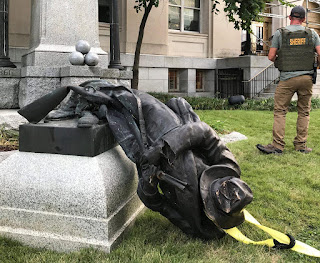

























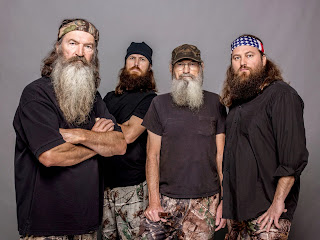






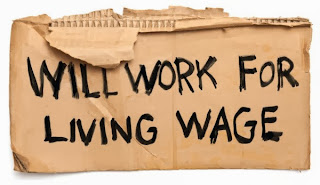





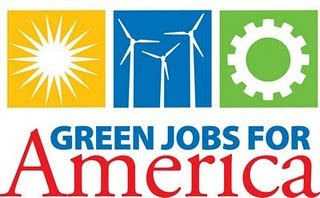






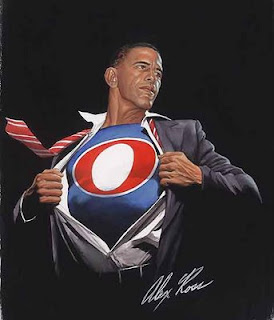



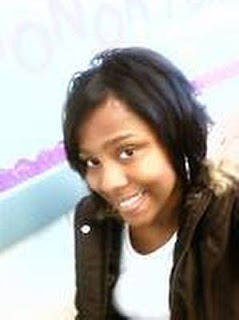
.jpg)








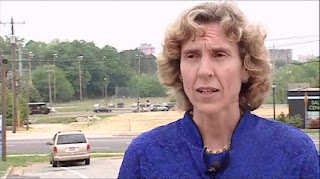














No comments:
Post a Comment